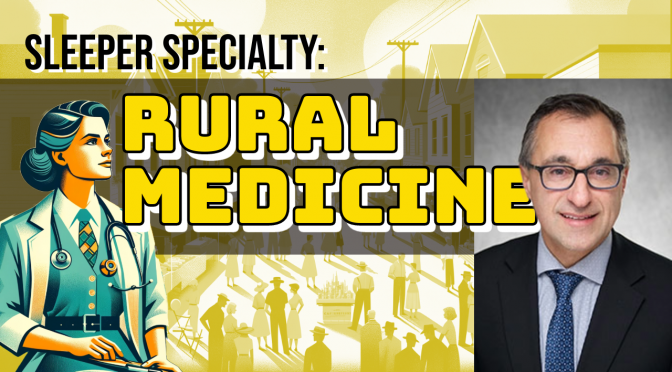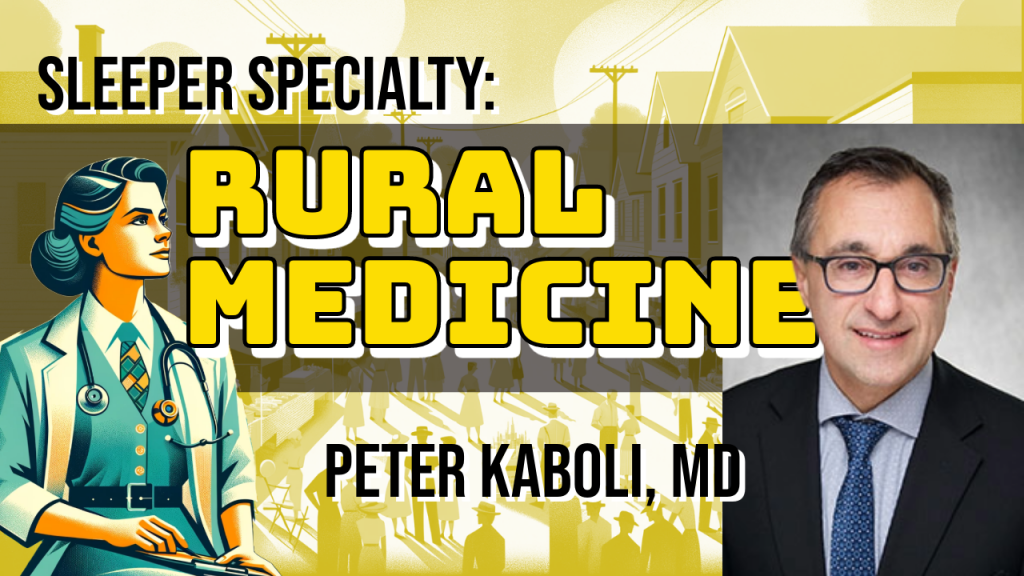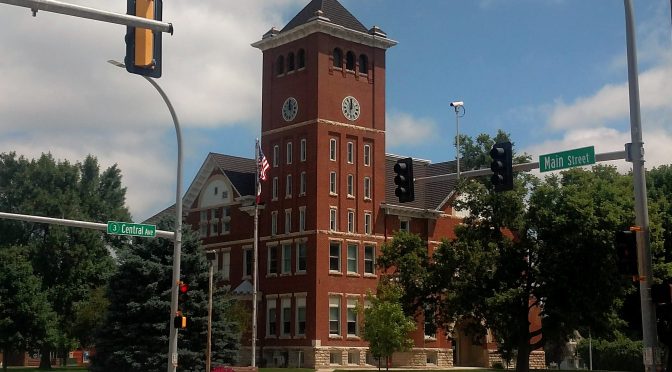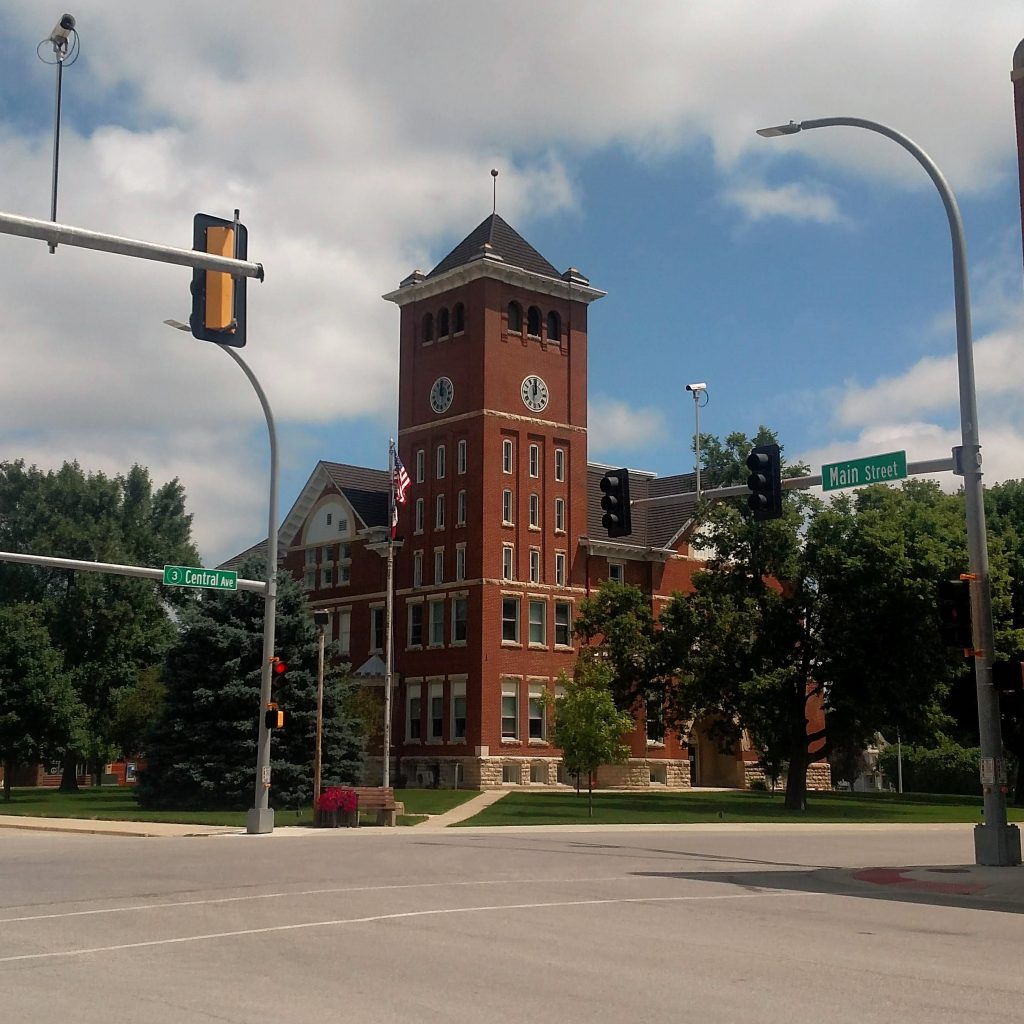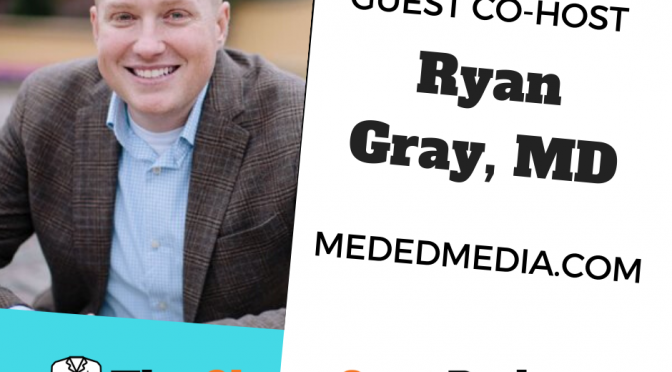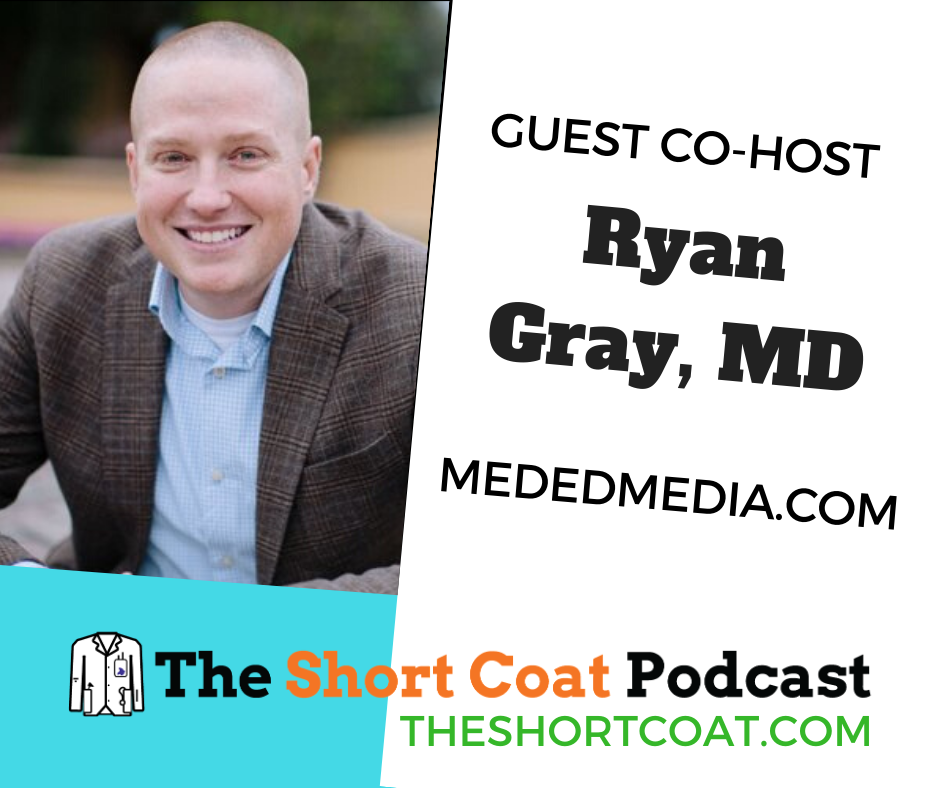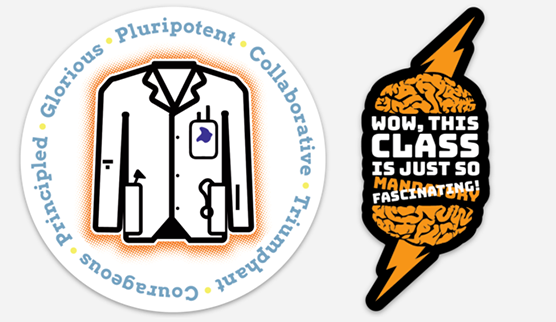Podcast: Play in new window | Download (Duration: 57:12 — 52.4MB)
Subscribe: Spotify | RSS | More
[We’re still in the midst a summer break, so here’s a rerun in case you missed it.]
The unique experiences and challenges of practicing medicine where everyone knows your name
- M1 Fallon Jung, PA1 Olivia Quinby, MD/PhD student Faith Prochaska, M2 Jeff Goddard, and special guest Dr. Peter Kaboli dive deep into the heart of rural medicine. We kick off with a candid discussion about growing up in small towns and how these experiences shape our understanding of community and healthcare.
- Dr. Kaboli, an expert in rural health with the Veterans’ Administration, shares his insights into the nuances of rural medicine. We explore the multifaceted challenges and rewards of practicing medicine in rural settings, from the importance of forming deep connections with patients to navigating the scarcity of healthcare resources.
- Telemedicine, workforce issues, geographic barriers, and the digital divide are central to the art of medicine in small towns and on county roads, sometimes requiring innovative approaches to healthcare delivery.
We Want to Hear From You: YOUR VOICE MATTERS!
We welcome your feedback, listener questions, and shower thoughts. Do you agree or disagree with something we said today? Did you hear something really helpful? Can we answer a question for you? Are we delivering a podcast you want to keep listening to? Leave a message at 347-SHORTCT (347-746-7828) and we’ll put your message in a future episode (use *67 to be an “Unknown caller”). Or email theshortcoats@gmail.com.
We want to know more about you: Take the Listener Survey
Continue reading Small Towns, Big Impact: Rural Medicine ft. Peter Kaboli, MD (Recess Rehash)
